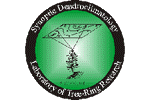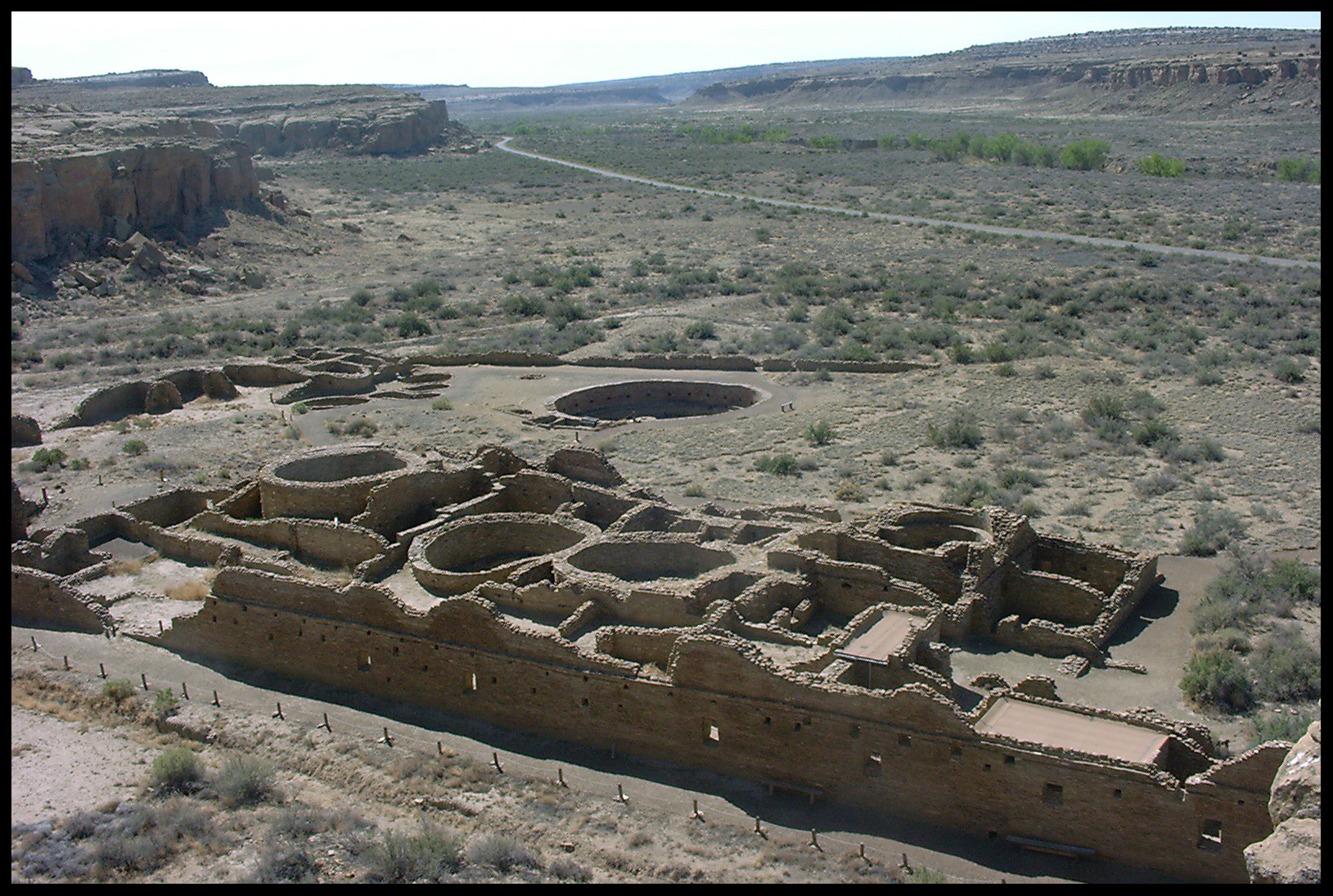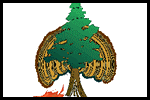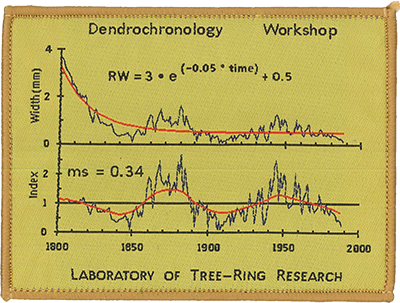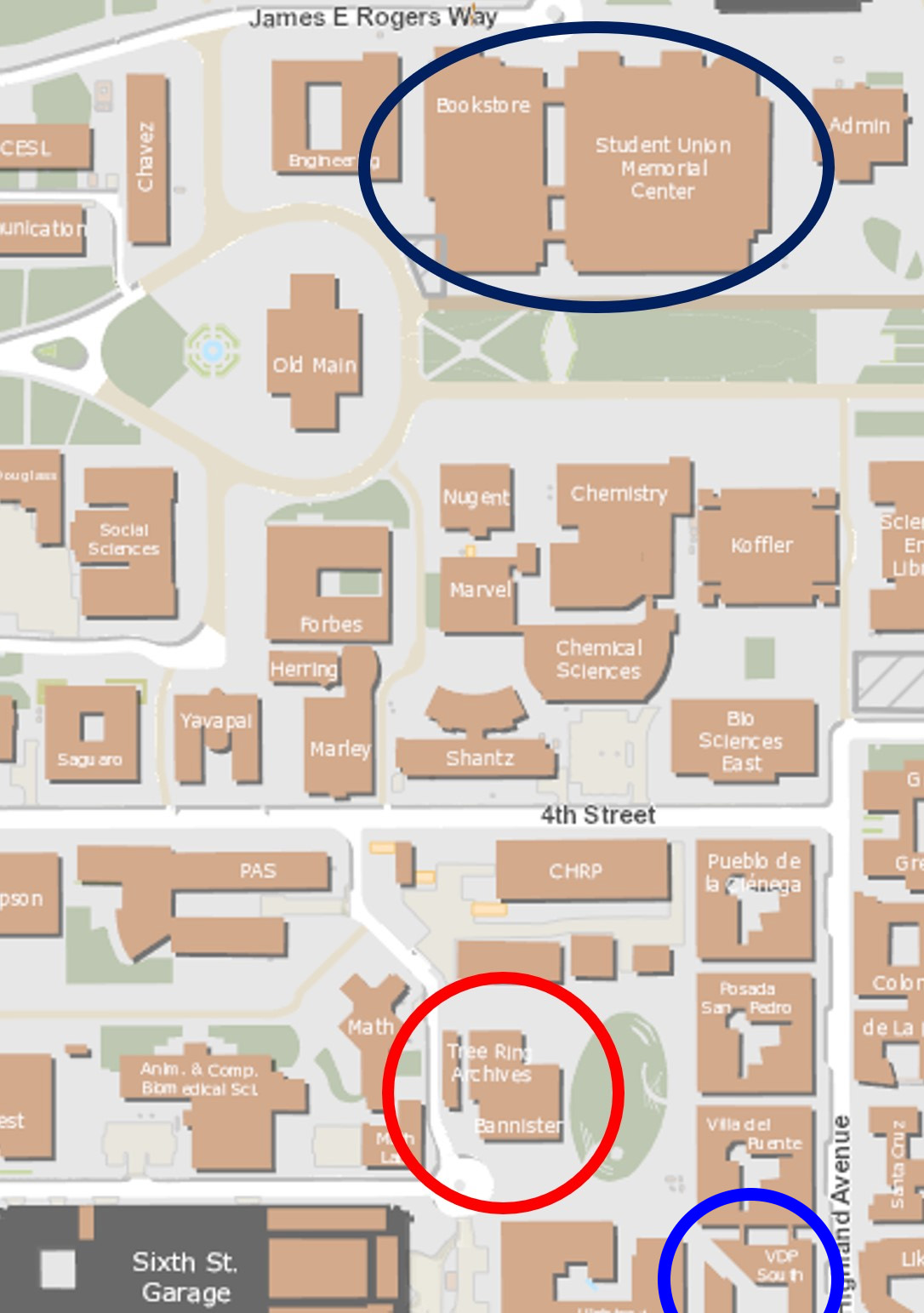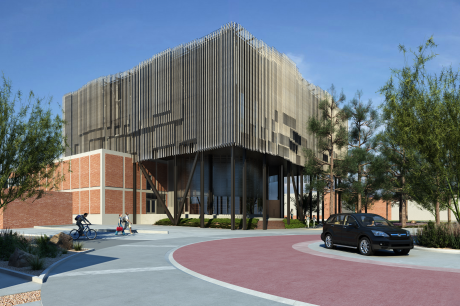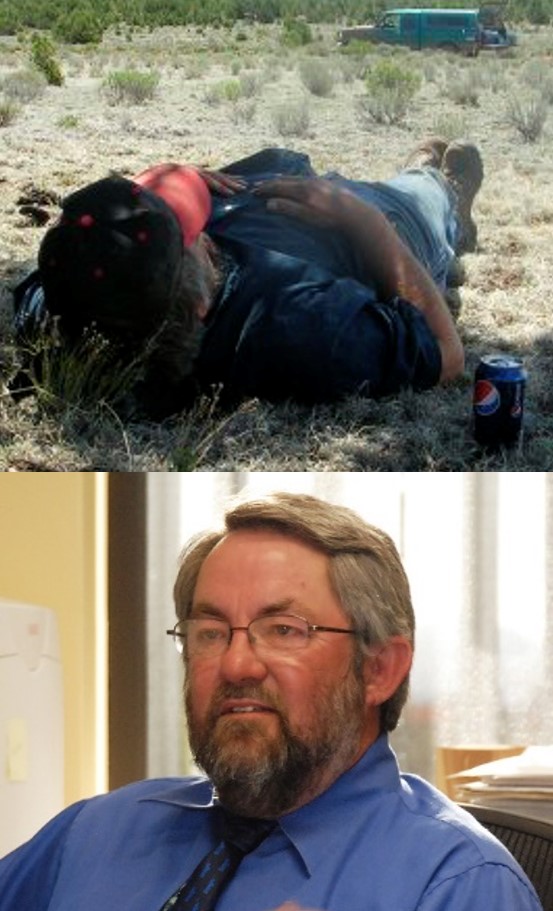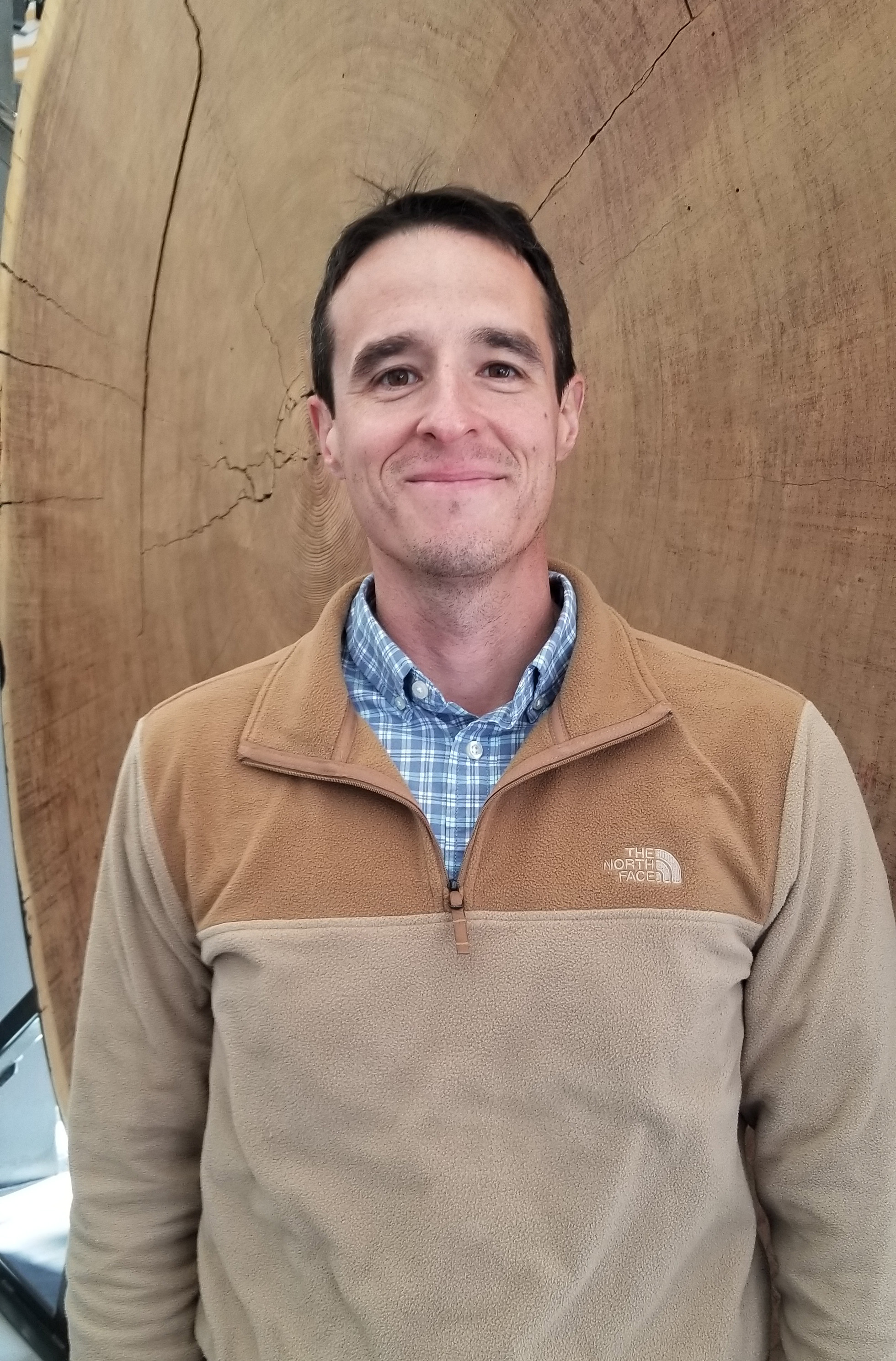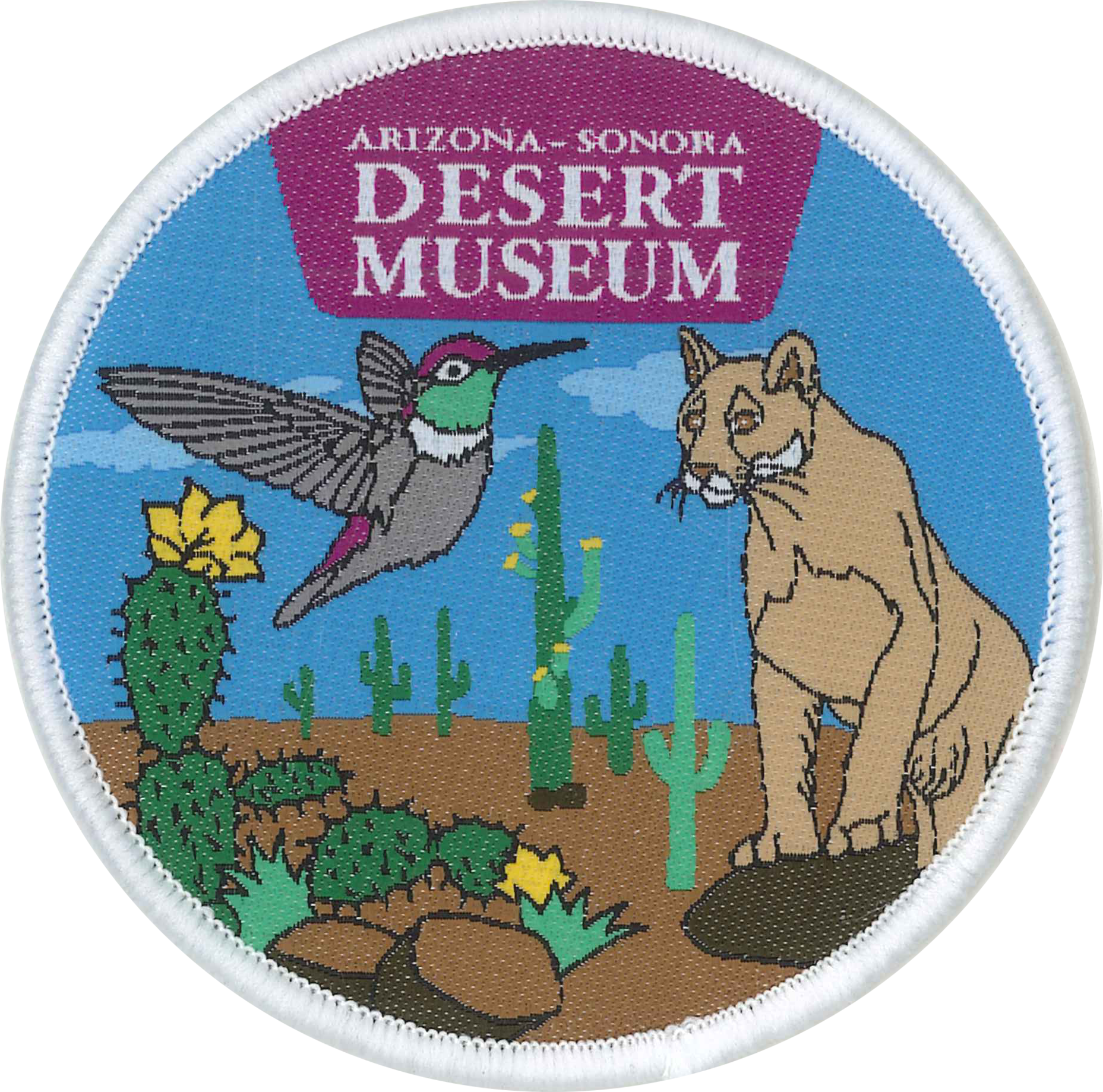What to Bring for Tucson and for Fieldwork
|
|---|
Tucson: Mid May and early June will be hot during the day and mildly warm at night.
Click here for local weather,
then click on Tucson on the map for 5-day forecast. Note: The LTRR classroom is
often kept cooler than preferred, so perhaps bring a sweater to class each day while in Tucson.
- Academic casual attire will suffice for most activities.
- Hat and sunglasses highly recommendable.
- Sunscreen also a good idea for outdoor activities lasting more than an hour.
- Personal laptop:
- Martin (LTRR IT) has provided instructions on
Wifi access while here.
- An interactive app for crossdating by skeleton plotting will be run a couple of times.
It should work on any kind of laptop, in most every browser. Before DISC, please test it out on your equipment
and let us know if it doesn't work for you:
Crossdating App.
- PC vs Mac: DPL software
runs for sure on PCs, and probably also on Macs after some work-arounds.
- Don't forget a thumb drive for easy copying, storing, and sharing of data files.
Tucson after hours:
Fieldwork: For Ecology, the Arizona White Mountains (east-central Arizona) will be cooler, with at least some chance of rain.
- As much camping gear as you have (tent, sleeping bag, pillow, everything, this will be car camping)
- Long clothing (pants and shirt) required for field days
- Hiking boots required for field days (lighter shoes ok for evening)
- Hat, sunglasses, and sunscreen essential, maybe a bandana also
- Cold weather clothing (jacket, gloves, balaclava, raingear); it will be cold at night
- Small daypack
- Personal water bottles, travel mugs
- Personal GPS units desired (but not required)
- Personal increment borer, if you have one
- Gloves for coring, as preferred
- Personal Android device, if you have one
- Personal medications (personal medical issues?)
- If you have a serious medical condition that requires daily medication, you
must (a) inform the instructor in advance of the field trip, and (b) bring at
least a 1 week supply of the medication
- Personal first-aid kit, as desired
- Insects are not usually a problem in high country of Arizona in
late spring. Perhaps the occasional mosquitos at dusk, but ticks are not as bad here
as in other places of the US. Long clothes help ward off insects. Still, feel free
to bring repellent as desired.
Overnight accommodations in the field:
- Fieldtrip travel and food expenses will be covered by the DISC fees.
- Camping gear will be needed for this trip. If you have your own tent, sleeping
bag, ground pad, personal utensils, etc., bring it all. If you need camping gear,
inform us of what you need and we'll get it from UA Outdoor Recreation.
|
Conduct
|
|---|
All DISC participants shall:
Also:
- If you must arrive late or leave early (something not encouraged), please do so quietly.
- If you have a phone (who doesn't?), please turn it off during
class. If you must talk on your phone (does anyone talk on the phone anymore?) or text message
someone during lecture, please do that outside of class.
- If you must read the newspaper (anyone?), tackle the Wildcat crossword and sudoku
puzzles (anyone?), study for other courses (occasionally), sleep (lots), surf the web,
update Facebook, Farmville, shop Ebay, play online poker, watch DVD movies, binge watch
Thrones, or do anything else not related to this course during our lecture time, please
do it elsewhere, not in class. These activities are obvious (click
here for an example) and are officially considered
disruptive.
See here for a UA student opinion about
surfing the web in class.
- Click here to see research saying people
who multitask really aren't good at multitasking.
- Racism, sexism, or violence will not be tolerated in the classroom.
- It's acceptable—even encouraged—to collaborate with fellow students
in this course. However, cheating will not be tolerated, including but
not limited to:
- Copying work of fellow students.
- Plagiarism (click here
for a definition of plagiarism).
- Special note on plagiarism: Some definitions of plagiarism
imply that all that is necessary to avoid it when copying someone
else's text is to put it in quotes and then cite the original source.
While technically this may be true and acceptable in some
academic settings, copying someone else's text (put in quotes or otherwise)
is hereby NOT acceptable in this course. This includes
text from fellow students or students from past semesters, published articles
or newspapers, and web sites. In short: Citing yes, copying and/or quoting no.
|
Special Provisions
|
|---|
- In compliance with Title III of the Americans With
Disabilities Act (1990), students who require special assistance
will be suitably accommodated. Students must be registered with
the University and a minimum notice of 5 days for such
accommodations is requested.
- Students requiring special accommodation:
Please notify the professor and provide the Disability Resource
Center letter within the first few days of the course.
- Student athletes and others who need signatures periodically:
Please notify the professor that you'll be needing signatures
generally, and please alert the professor before a particular
signing period is due so that your most up-to-date grade can be
calculated.
|
Subject to Change
|
|---|
Information contained in this course syllabus, other than the grade and absence policies,
may be subject to change with reasonable advance notice. |
Tentative Schedule
(Note: It's not expected for readings linked here to be read
ahead of time; these are mostly resources for consulting later.)
Monday, May 13
|
|---|
| Time |
Archaeology |
Ecology |
Climatology |
| 9:00-9:30 |
Coffee and treats served
Welcome and introductions: faculty, staff, and students |
| 9:30-10:45 |
Principles of dendrochronology (David Frank)
lecture slides |
| 10:45-11:00 |
Break |
| 11:00-11:45 |
Food planning (everyone) |
| 11:45-1:00 |
Break for lunch (Student Union to the north, or Highland Market to the southeast
even closer, are nearby and open, see blue circles in map above, or
click here)
|
| 1:00-1:45 |
Archaeology travel and field expectations for DISC 2024 (Nick Kessler) |
| 1:45-2:00 |
Break |
| 2:00-2:30 |
Equipment check (personal camping gear) and dendro gear for the field trip |
| 2:30-3:00 |
Ecology/climatology travel and field expectations for DISC 2024 (Paul Sheppard) |
| 3:00-5:00 |
Students: Get organized with personal gear as needed
Faculty: Do a food run |
|
Tuesday, May 21
|
|---|
| Time |
Archaeology |
Ecology |
Climatology |
| 9:00-10:00 |
Lecture: Physical and biological basis of tree rings (Steve Leavitt, classroom)
Speer: Botanical basis of dendrochronology
Bowyer et al.: Tree growth & woody tissue
Bowyer et al.: Composition & structure of wood cells
Bowyer et al.: Softwood structure
Bowyer et al.: Hardwood structure
Vaganov et al.: Mechanistic model of tree-ring growth
Steve's powerpoint slides |
| 10:00-10:15 |
break |
| 10:15-11:00 |
Lecture: Dendroentomology I (Ann Lynch, classroom)
Swetnam et al.:
Using dendrochronology to measure defoliated trees
Lynch:
What tree-ring reconstruction says about defoliator outbreaks
O'Connor et al.:
Post-fire dynamics affect spruce beetle outbreaks
|
| 11:00-11:15 |
break |
| 11:15-12:00 |
Lecture: Dendroentomology II (Ann Lynch, classroom)
|
| 12:00-1:00 |
lunch |
| 1:00-4:00 |
Wood shop: safety, mounting cross-sections, sanding samples (Chris)
• Minor & Arizpe: Trimming down cross-sections, sanding cores
Sanding paper
• Tree-ring sanding cartoon
Crossdating with character lists (Paul Sheppard)
Yamaguchi: Character list technique
Speer: List method
Representative data form for character list technique |
| 4:00-4:30 |
Student presentations: background and research (bring a powerpoint with a few
slides, e.g., a map, a field shot, a practice data graphic, research objectives), and expect to
fill ~5-10 minutes of presentation and Q&A time. Everyone participates. Today: Elli, plus
Dan Griffen,
rock star video (7:57 min.) on dendroclimatology in California |
| evening |
Working dinner at Paul's house: Planning for subgroups for student projects.
All students and instructors. Begin arriving 5:45 (Tank viewing), dinner by ~6:00, discussion at 7:00, done by sunset. |
|
Wednesday, May 22
|
|---|
| Time |
Archaeology |
Ecology |
Climatology |
| 9:00-10:00 |
Dendrodating of Thera (Charlotte Pearson) |
| 10:00-10:15 |
break |
| 10:15-11:00 |
Tour of LTRR archive (Peter Brewer) |
| 11:00-12:00 |
Tour of the rest of the LTRR building (Paul Sheppard) |
| 12:00-1:00 |
lunch |
| 1:00-4:00 |
Crossdating practice on the Zuni collection
download CooRecorder software
CooRecorder website |
| 4:00-4:30 |
Student presentations: background and research (bring a powerpoint with a few
slides, e.g., a map, a couple field shots, a practice data graphic, research objectives), and expect to
fill ~5-10 minutes of presentation and Q&A time. Everyone participates. Today: Rebecca and Leslie |
|
Thursday, May 23
|
|---|
| Time |
Archaeology |
Ecology |
Climatology |
| 9:00-9:45 |
Brief History of US Dendrochronology (Ron Towner)
|
| 9:45-10:00 |
break |
| 10:00-11:00 |
Lecture: Dendroarchaeology Fundamentals (Ron Towner) |
| 11:00-12:00 |
Lecture: Dendroarchaeology and human behavior (Jeff Dean)
Dean: Behavioral error in archaeological tree-ring dating |
| 12:00-1:00 |
lunch |
| 1:00-1:45 |
Lecture: Intro to ITRDB, find a chronology and make a bar graph of it with BAR (Paul Sheppard)
• The International Tree-Ring Data Bank
• Grissino-Mayer & Fritts: ITRDB
• DPL, a collection of DOS program that includes BAR for barplotting
Try BAR on the chronologies found earlier, for example, AZ26 (Prescott ponderosa pine)
Note: To print DPL outputs:
- Open in Word
- Select all
- Switch to landscape orientation
- Set all margins to 0.5"
- Switch font to Courier, size 8
- Add highlighting, text boxes, as desired
- Print in color, double-sided, long edge
|
| 1:45-2:30 |
Lecture: False-ring identification (Kiyomi Morino) |
| 2:30-4:00 |
Work on cores from DISC 2024 collection. |
| 4:00-4:30 |
A student presentation: background and research (bring a powerpoint with a few
slides, e.g., a map, a couple field shots, research objectives), and expect to
fill ~5-10 minutes of presentation and Q&A time. Everyone participates. Today: Brenda and Dulce
Also, click here to order an LTRR t-shirt for yourself. |
|
Friday, May 31
|
|---|
| Time |
Archaeology |
Ecology |
Climatology |
| Morning |
Nearly final preparation of group presentations |
| 12:00-1:00 |
lunch |
| 1:00-2:00 |
Final preparation of group presentations |
| 2:00-4:00 |
Group presentations, all of LTRR invited |
| 4:00-5:00 |
Presentation of certificates (David Frank), acknowledgments & concluding remarks
(any and all instructors who wish to comment)
A video postcard of DISC 2024.
Just over seven minutes long, best with headphones. |
5:00-5:30
Happy Hour |
Course evaluation, completion of 2024 DISC |
| 6:00 |
Celebration gathering: 6:00 PM at Cafe Passe,
415 N. 4th Ave., Tucson. |

